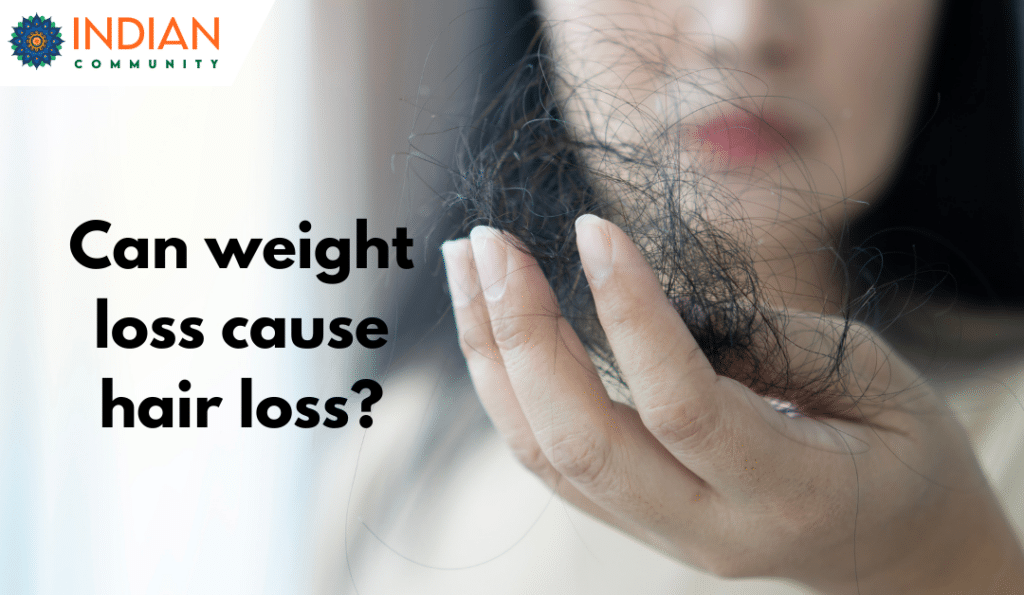Weight loss can be a transformative journey, but it might come with some unexpected side effects, such as hair loss. While this is usually temporary, it’s important to understand why it happens and how to manage it. Let’s dive into the connection between weight loss and hair shedding, simplified for easy understanding.
Why Does Hair Loss Happen During Weight Loss?
Hair loss during weight loss is often due to sudden changes in your body’s nutrition and metabolic processes. Here’s what typically causes it:
- Caloric Restriction:
When you significantly reduce your calorie intake, your body prioritizes essential functions like keeping your heart and brain active. Hair growth, being non-essential, might slow down or stop temporarily. - Nutritional Deficiencies:
Diets lacking in essential nutrients like protein, iron, zinc, and vitamins can weaken hair follicles, leading to increased shedding. - Stress on the Body:
Rapid weight loss, whether through extreme diets or medical procedures like gastric banding, can shock your system. This may trigger telogen effluvium, a condition where hair enters the shedding phase prematurely.
When Does Hair Loss Start?
Hair loss from weight loss doesn’t happen immediately. It usually begins 2-3 months after a significant change in diet or weight. This delay is due to the natural hair growth cycle:
- Growth Phase: Hair actively grows for 2-6 years.
- Resting Phase: After the growth phase, hair rests for a few months before shedding.
- Shedding Phase: Hair falls out to make way for new growth.
Is Hair Loss Permanent?
The good news is that hair loss due to weight loss is usually temporary. If your shedding is from poor nutrition or caloric restriction, your hair should regrow within a few months after addressing the underlying cause. However, if hair doesn’t grow back fully, it may indicate an underlying condition like androgenic alopecia (pattern baldness).
How to Prevent Hair Loss During Weight Loss
- Lose Weight Gradually:
Aim for a steady weight loss of 1-2 kilograms per week. Sudden weight loss puts unnecessary stress on your body. - Maintain Balanced Nutrition:
Include foods rich in:- Protein: Strengthens hair strands.
- Iron and Zinc: Promotes hair follicle health.
- Vitamins (B, D, and E): Supports overall hair growth.
- Consider Supplements:
If you’re unable to meet your nutritional needs through diet alone, consult a healthcare provider about supplements. - Use Stimulating Treatments:
Products like minoxidil or therapies like low-level laser treatment can stimulate hair follicles during weight loss. - Reduce Stress:
Manage stress through mindfulness, yoga, or other relaxation techniques to minimize its impact on hair health.
When to Seek Help?
If hair loss persists for over six months or you notice thinning on specific areas of your scalp, consult a dermatologist. They can identify if there’s an underlying condition contributing to the hair loss.
Losing weight is a positive step toward better health, but ensuring it’s done in a balanced and mindful way is crucial for maintaining overall wellness, including your hair. Remember, gradual weight loss combined with proper nutrition is the key to avoiding unwanted side effects like hair shedding.

